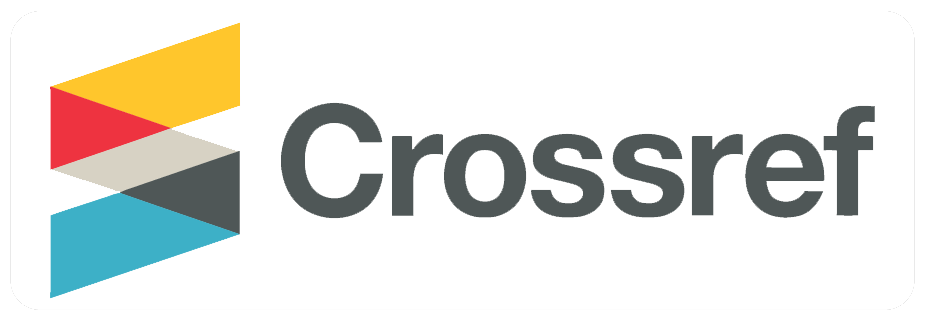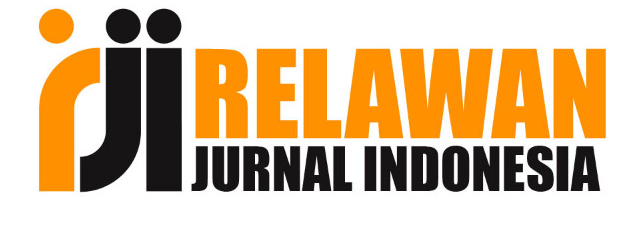Knowledge Mangement System sebagai Dasar Pengembangan Sistem Informasi Kinerja Dosen
DOI:
https://doi.org/10.36982/jiig.v11i2.1200Keywords:
Knowledge management system, lecturer performance, waterfall.Abstract
In the current digitalization era, the application of knowledge management systems can improve the performance of information systems for the better. The knowledge management system is very important to be implemented in higher education. Having different abilities in implementing the tri dharma of higher education, therefore it is necessary to share knowledge to increase the career advancement of lecturers. The development of a lecturer performance information system based on a knowledge management system is an information system used to carry out community service activities. This system can also generate information on the achievement of targets every semester. The target achieved will be used for determining rewards and punishments. The method used for software development is a waterfall. The classical method is still often used because the stages are simpler and easier to implement. Lecturer performance information systems can help programs and supervise, run and improve the performance of lecturers at Universitas IGMReferences
Beccera, I., Fernandez, & Sabherwal, R. 2010. Knowledge management system and process. New York: M.E. Sharpe Inc
Carlsen, J., & Andersson, T.D. 2011. Strategic SWOT Analysis Of Public,
Heckl, D., Moormann, J.: 2010. Process performance management. In: Handbook on Business Process Management, vol. 2, pp. 115–135. Springer, Berlin
Jung, Sung Ho. et al. 2010. Developing The Knowledge Management System Based On Business Process. Korean Academic Society of Business Administration. P1-31
Kimmerle, Joachim., Ulrike Cress and Christoph Held. 2010. The interplay between individual and collective knowledge: technologies for organisational learning and knowledge building. Knowledge Management Research & Practice 8:33–44
Kosasih, Natalia. 2007. Pengaruh Knowledge Management Terhadap Kinerja Karyawan: Studi Kasus Departemen Front Office Surabaya Plaza Hotel. Jurnal Manajemen Perhotelan (3)2 : 80-88
Kristanti, Tanti. Niko, Pamela. 2011. Penerapan Knowledge Management System Berbasis Website CMS Pada Divisi Produksi CV. Indotai Pratama Jaya. Jurnal Sistem Informasi 6(1) : 89 – 99.
Krogh., G.V, Ichijo, K, Nonaka, I. 2000. Enabling knowledge Creation: How
Liao, Shu-Hsien, Wu, Chi-Chuan. 2010. “System Perspective of Knowledge Management, Organizational Learning, And Organizational Innovation, Expert System With Applications. 37, Pp.1096-1103.
Lin, C., Liu, A.C Hsu, M., & Wu, J. 2008. Pursuing Excellence In Firm Core Knowledge Through Intelligent Group Decision Support System Industrial Management + Data System, 108(3), pp277-296
M. Ishaq Bhatti · H. M. Awan · Z. Razaq. 2017. The key performance indicators (KPIs) and their impact on overall organizational performance
Private And Not-For-Profit Festival Organisations. International Journal Of Event And Festival Management 2(1) : 83-97
Qwaider, Walid Qassim. 2011 Qwaider, Walid Qassim. 2011. Integrated of Knowledge Management and E-Learning System. International Journal of Hybrid Information Technology 4(4):59-70
Rasula, Jelena., V. Bosilj Vuksic., and M. indihar stemberger. 2012. The Impact Of Knowledge Management On Organisational Performance. Economic And Business Review 14(2):147–168
Retnoningsih, Endang. 2013. Knowledge Management System (KMS) Dalam Meningkatkan Inovasi LPPM Perguruan Tinggi. Jurnal. Evolusi. I (1): P76-85
Retnoningsih, Endang. 2014. Analisa penerapan Knowledge Management System Perguruan Tinggi Menggunakan Most Admired Knowledge Enterprise. Jurnal Bianglala Informatika II(2):1-10
Setiarso, Dkk., 2012. Penerapan Knowledge Management Pada Organisasi, Graha Ilmu.Yogyakarta
Shaw,Michael J., Chandrasekar Subramaniam, Gek Woo Tan, Michael E. Welge. 2011. Knowledge management and data mining for marketing. Decision Support Systems (31) : 127–137
Supriyanto. 2010. Review Perusahaan Yang Menerapkan Knowledge Management System (KMS) Departemen Ilmu Komputer Sekolah Pasca Sarjan Institut Pertanian Bogor. Publikasi. https://supriyanto7.files.wordpress.com/2012/07/review-perusahaan- yang-menerapkan-kms.pdf Supriyanto. 2010 . Review Perusahaan Yang Menerapkan. 15 April 2016 (12:34)
Terttiaavini. 2015. Sistem Informasi evaluasi kinera dosen dengan menggunakan metode 360 Degree berbasis web. Semnasteknomedia online. 2(1),3-05-137
Tiwana, Amrit. 2000. The Knowledge Management Toolkit: Practical Techniques For Building A Knowledge Management System. Prentice Hall, Inc. New Jersey
To Unlock The Mistery Of Tacit Knowledge And ReleaseThe Power Of Innovation, New York. Oxford University Press.
Tobing, Paul L.2007. Knowledge Management: Konsep, Arsitektur, Dan Implementasi. Graha Ilmu. Yogyakarta
Turner, John Robert., Tekeisha Zimmerman., and Jeff Allen. 2012. Teams as a Process for Knowledge Management. Journal of Knowledge Management 16(6):1-31
Zack, M.H. 1999. Managing Codified Knowledge . Sloan Management Review 40(4) : 45-58
Downloads
Published
How to Cite
Issue
Section
License

This work is licensed under a Creative Commons Attribution-ShareAlike 4.0 International License.











